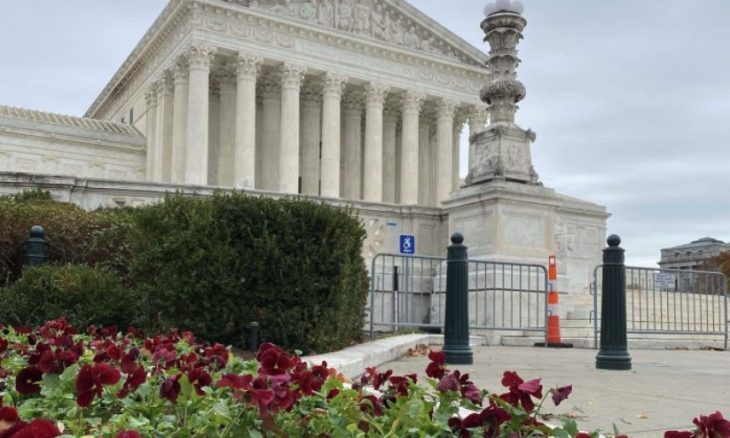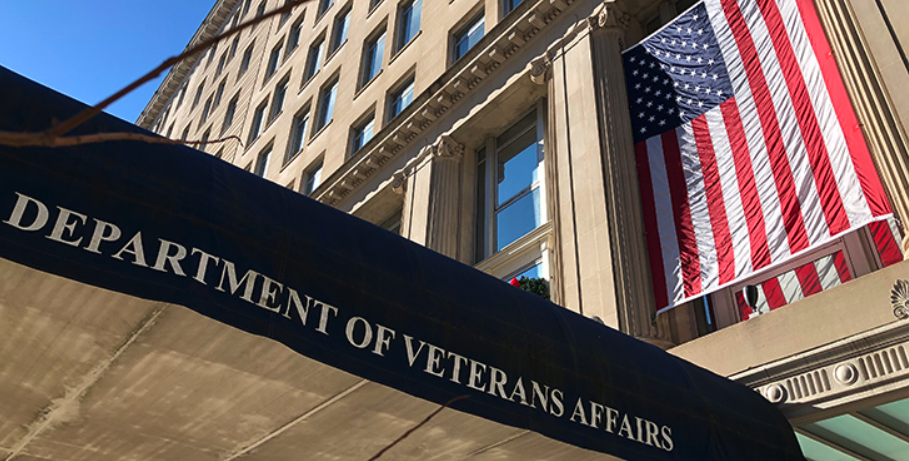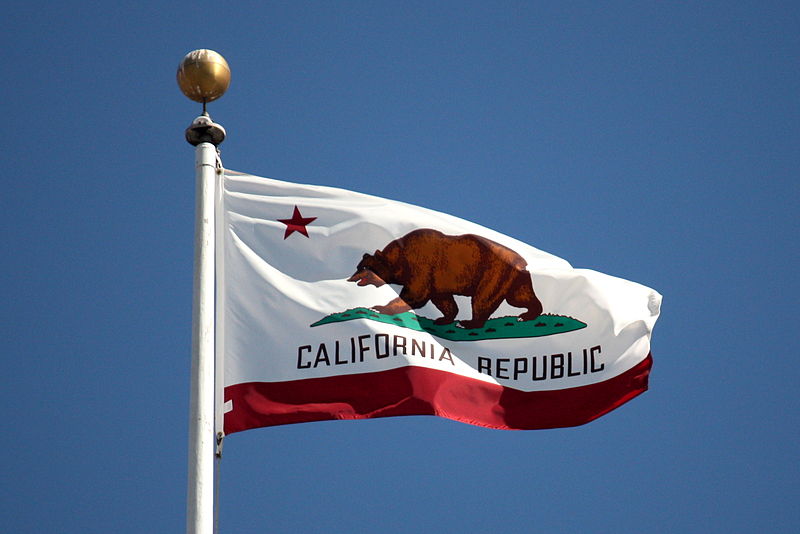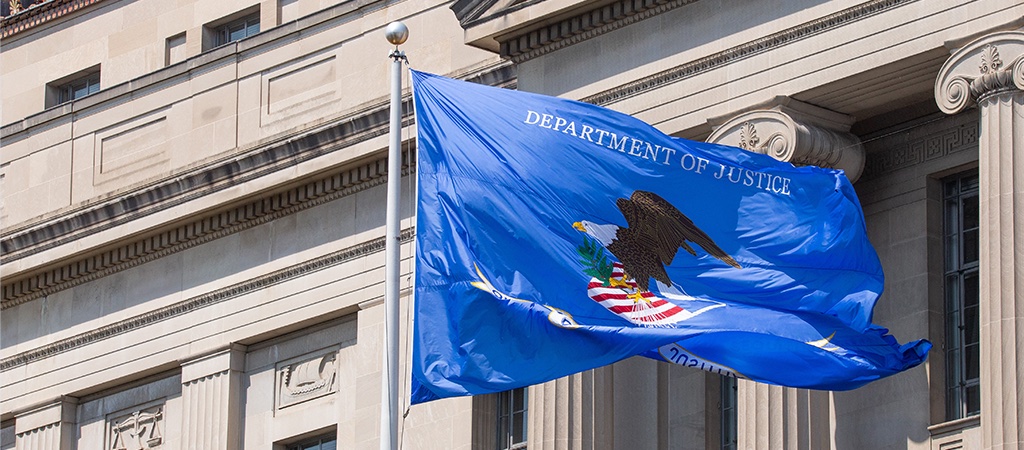The decision is linked to the challenge of President Trump’s order limiting birthright citizenship.
The Supreme Court restricted district judges from using universal injunctions against the executive actions of President Donald Trump’s administration. The determination came as a result of the administration appealing universal injunctions regarding President Trump’s prohibition of birthright citizenship for babies born to mothers who are not legal citizens of the United States.
“Universal injunctions likely exceed the equitable authority that Congress has given to federal courts,” wrote Justice Amy Coney Barrett for the majority. “The Court grants the Government’s applications for a partial stay of the injunctions entered below, but only to the extent that the injunctions are broader than necessary to provide complete relief to each plaintiff with standing to sue.”
The court left leeway, however, for injunctions when states sue the federal government. Justice Barrett wrote, “We decline to take up these arguments in the first instance. The lower courts should determine whether a narrower injunction is appropriate; we therefore leave it to them to consider these and any related arguments.”
Universal injunctions have been widely employed in the first five months of President Trump’s second term to halt the administration’s policies while litigation plays out in the lower courts.
As the Lord Leads, Pray with Us…
- For the justices of the Supreme Court as they begin to accept cases for the fall term over their summer recess.
- For district and circuit court judges as they consider the legal challenges being brought against the president’s policies.
- For President Trump and Attorney General Bondi as they seek to uphold federal immigration laws.
Sources: NPR, AP News, Financial Times, Politico









